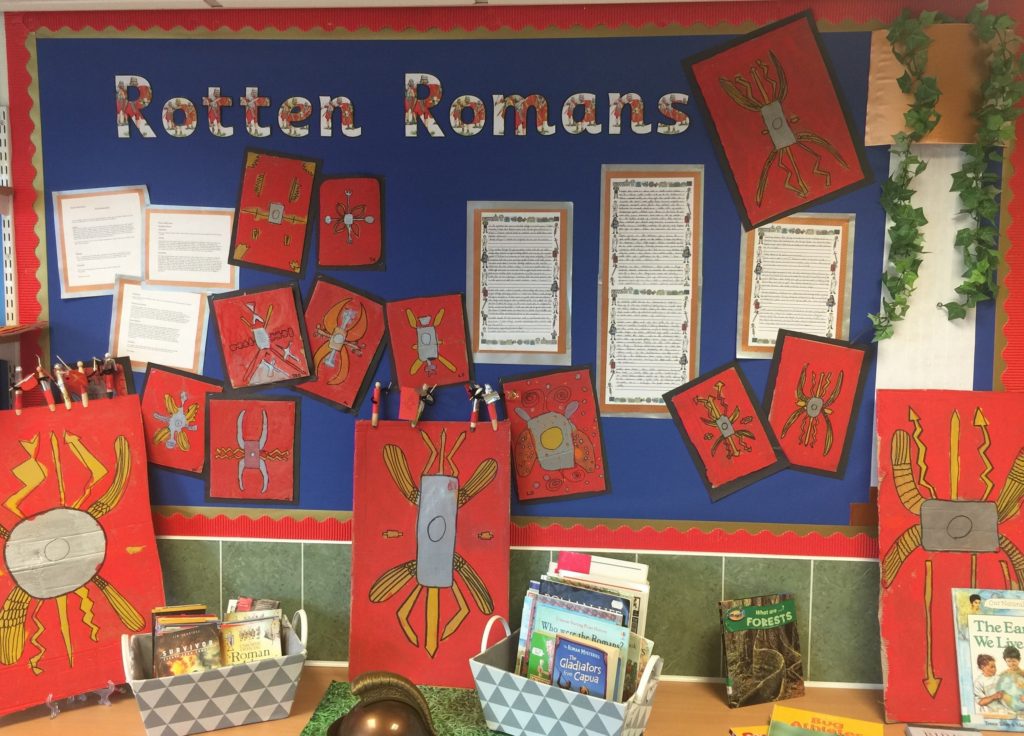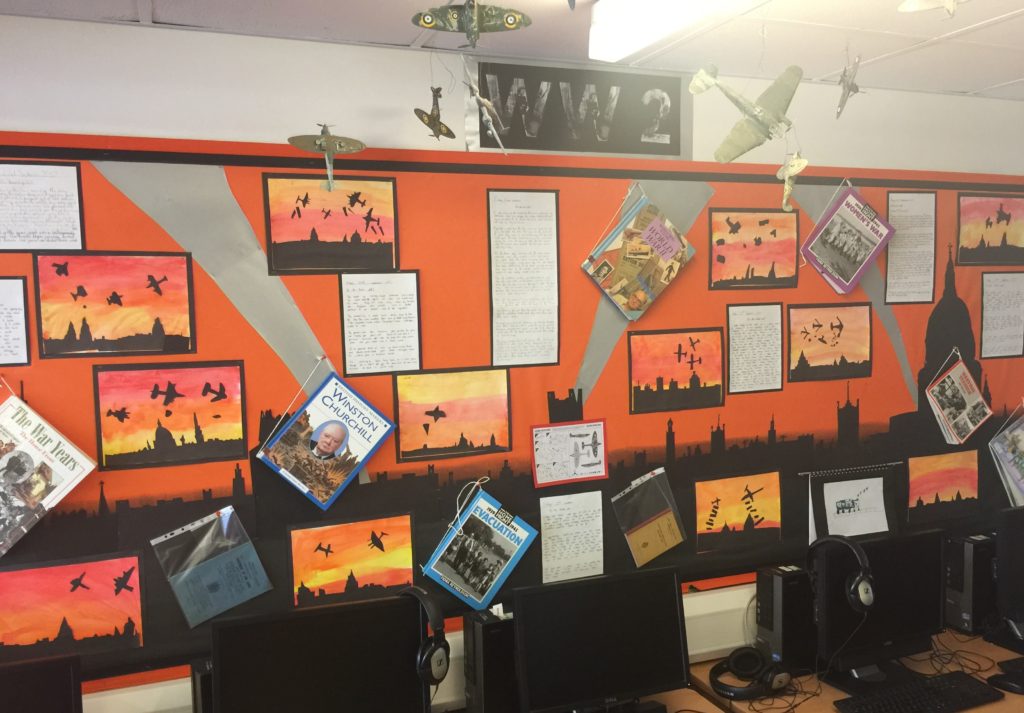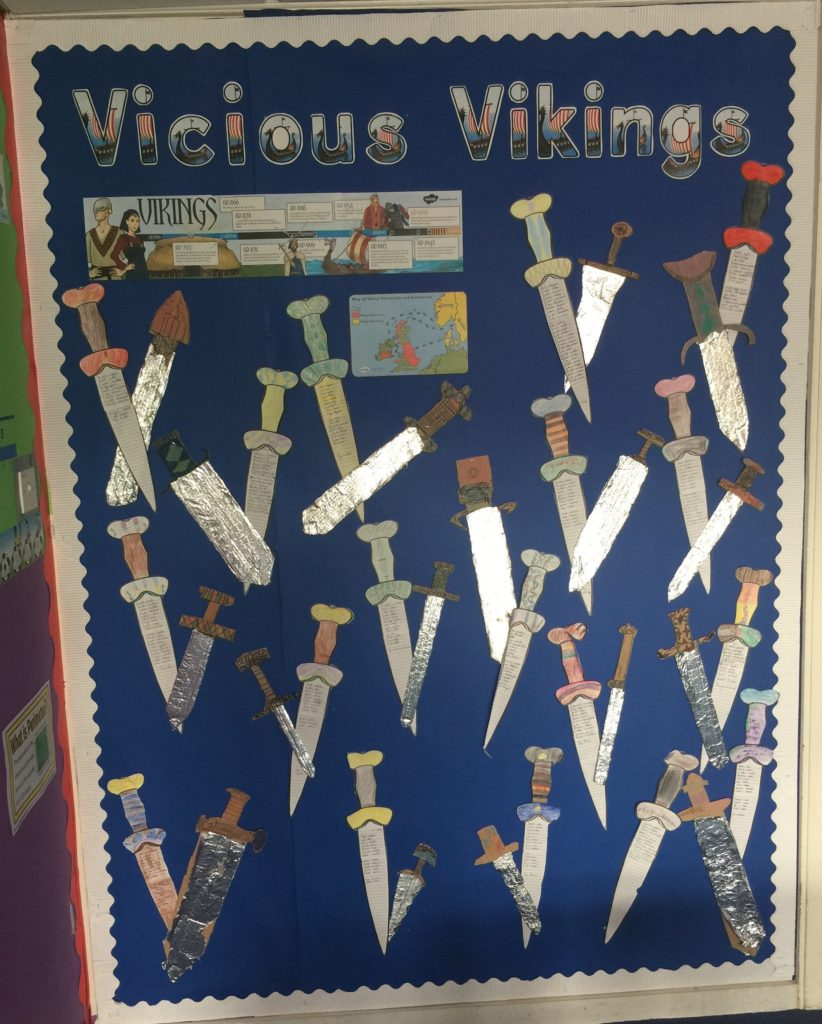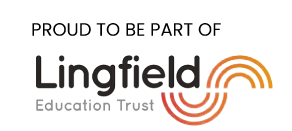At Hemlington Hall Academy, we have a history curriculum that will help children have an understanding of their past and how history will shape their future. The history curriculum will provide the children with engaging opportunities to explore Britain and the wider world. The people of the past take us on journeys as we learn about their time and impact in history. As a school, we believe that high-quality history lessons and enrichment opportunities inspire pupil’s curiosity to ask questions. Children will gain knowledge, and develop skills to think critically, weigh evidence, and develop perspective and judgement.
History will also help pupils to understand the complexity of people’s lives, the process of change, the diversity of societies, as well as their own identity and the challenges of their time. Wherever possible, links are made between subjects in contexts for learning with overarching themes to contextualise and motivate learners. Contexts for learning provide highly productive opportunities to use and apply skills in various subjects whilst strengthening pupils’ learning in history.
Our Intent
- Children to know that history is a subject – focussing on learning about the past
- Understand that ‘evidence’ is at the heart of history – and what kinds of evidence we can use
- Understand that versions of history can be different – because people have different opinions
- Know their place in history – what has gone before is all history (e.g. prehistoric, BC / AD, living memory, recent)
- Understand that history is divided in to periods – often linked to Monarchs
- Know the key knowledge identified in each unit, so that they have a firm knowledge base by the end of primary school
- Understand some of the causes and consequences of historical events.
Our History Curriculum at Hemlington Hall Academy
National Curriculum
Key Stage 1
Pupils should develop an awareness of the past, using common words and phrases relating to the passing of time. They should know where the people and events they study fit within a chronological framework and identify similarities and differences between ways of life in different periods. They should use a wide vocabulary of everyday historical terms. They should ask and answer questions, choosing and using parts of stories and other sources to show that they know and understand key features of events. They should understand some of the ways in which we find out about the past and identify different ways in which it is represented.
In planning to ensure the progression described above through teaching about the people, events and changes outlined below, teachers are often introducing pupils to historical periods that they will study more fully at key stages 2 and 3.
Pupils should be taught about:
- changes within living memory. Where appropriate, these should be used to reveal aspects of change in national life
- events beyond living memory that are significant nationally or globally [for example, the Great Fire of London, the first aeroplane flight or events commemorated through festivals or anniversaries]
- the lives of significant individuals in the past who have contributed to national and international achievements. Some should be used to compare aspects of life in different periods [for example, Elizabeth I and Queen Victoria, Christopher Columbus and Neil Armstrong, William Caxton and Tim Berners-Lee, Pieter Bruegel the Elder and LS Lowry, Rosa Parks and Emily Davison, Mary Seacole and/or Florence Nightingale and Edith Cavell]
- significant historical events, people and places in their own locality.
Key Stage 2
Pupils should continue to develop a chronologically secure knowledge and understanding of British, local and world history, establishing clear narratives within and across the periods they study. They should note connections, contrasts and trends over time and develop the appropriate use of historical terms. They should regularly address and sometimes devise historically valid questions about change, cause, similarity and difference, and significance. They should construct informed responses that involve thoughtful selection and organisation of relevant historical information. They should understand how our knowledge of the past is constructed from a range of sources.
In planning to ensure the progression described above through teaching the British, local and world history outlined below, teachers should combine overview and depth studies to help pupils understand both the long arc of development and the complexity of specific aspects of the content.
Pupils should be taught about:
- changes in Britain from the Stone Age to the Iron Age
- the Roman Empire and its impact on Britain
- Britain’s settlement by Anglo-Saxons and Scots
- the Viking and Anglo-Saxon struggle for the Kingdom of England to the time of Edward the Confessor
- a local history study
- a study of an aspect or theme in British history that extends pupils’ chronological knowledge beyond 1066
- the achievements of the earliest civilizations – an overview of where and when the first civilizations appeared and a depth study of one of the following: Ancient Sumer; The Indus Valley; Ancient Egypt; The Shang Dynasty of Ancient China
- Ancient Greece – a study of Greek life and achievements and their influence on the western world
- a non-European society that provides contrasts with British history – one study chosen from: early Islamic civilization, including a study of Baghdad c. AD 900; Mayan civilization c. AD 900; Benin (West Africa) c. AD 900-1300.






